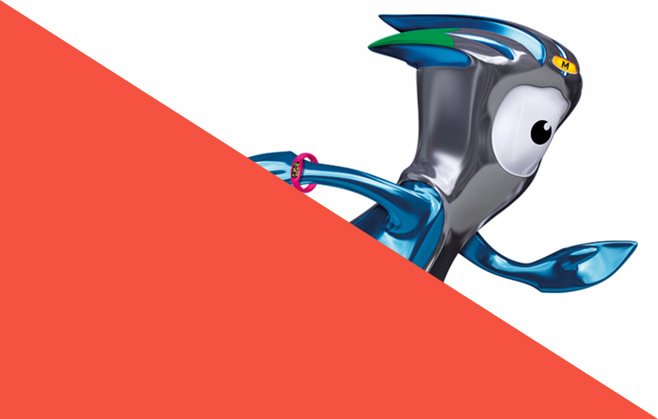
After the Paralympics: Raising Awareness?
The Paralympics holds a unique position as far as marketing’s concerned; it’s a one-of-a kind event, and it puts the voice of an otherwise marginalized group in the spotlight. There’s really no other event like it. We at The Practice particularly like the fact that The Paralympics has allowed charities to step up their marketing efforts in line with the positive and far-reaching response.
Channel 4’s ‘Meet the Superhumans’ campaign kicked off proceedings, and according to the broadcasting network’s poll, achieved an overwhelmingly positive response from its audience of 37 million regarding perception towards disabled sports. Now, the Games have provided charities such as Scope, Help for Heroes, RNIB and Sightsavers with a platform to raise awareness about disability. Scope for example, is set to increase its use of social media by continuing to profile inspirational stories of handicapped people throughout the UK in line with its existing campaign. Daniel Mazliah, head of media relations at Scope added that it’s this that’s ‘key to the event having a lasting legacy on perceptions towards disability in the UK.’
Help for Heroes is also set to increase its Twitter presence, and the charity’s already expanded its following by around 5000 people since the beginning of Olympics season. Their marketing campaigns will also feature the very popular British Paralympics athlete Derek Derenalagi to inspire soldiers to incorporate sport and exercise into their recovery programmes.
Charities are realizing the importance of honing their social media and advertising campaigns, as well as liaising with journalists after the event if they wish to see a long-lasting impact. Indeed, Rupert Pratt, managing director at Generate stated: ‘The Games will turn a lot of disabled people into celebrities, which is great because consumers feel far more comfortable with that and they will feel more comfortable with disability. The great thing is that prior to the Paralympics, when did you ever see a disabled person or athlete being heavily promoted. The real winner of the Paralympics is the opportunity to shift perceptions.’
And what about the legacy of the Games across other areas? We’ve already seen London step up their efforts to make transport more accessible for the disabled. But we at The Practice predict the Paralympics will now encourage people to embrace the notion of disability, rather than worry about freely discussing it.
Furthermore, we feel there’s now a great opportunity for UK and international businesses to partner up with featured charities to boost their marketing campaigns in the wake of such an inspirational summer of sport. Indeed, partner BT have already shown their continued commitment to the Paralympics following on from the event. After sponsoring Channel 4’s coverage, they’ve vowed to keep on supporting the GB Paralympic Team up until the Rio Games in 2016. It’s companies such as these who are certain to bode well from affiliating themselves with charitable campaigns in a move to secure their own positive brand identities.
Do you think the Paralympics will provide charities with a sustainable theme to raise awareness? And have you been impressed by the level of skill on display? Let us hear your thoughts! Please tweet to and follow us @PracticeDigital and on Facebook.




